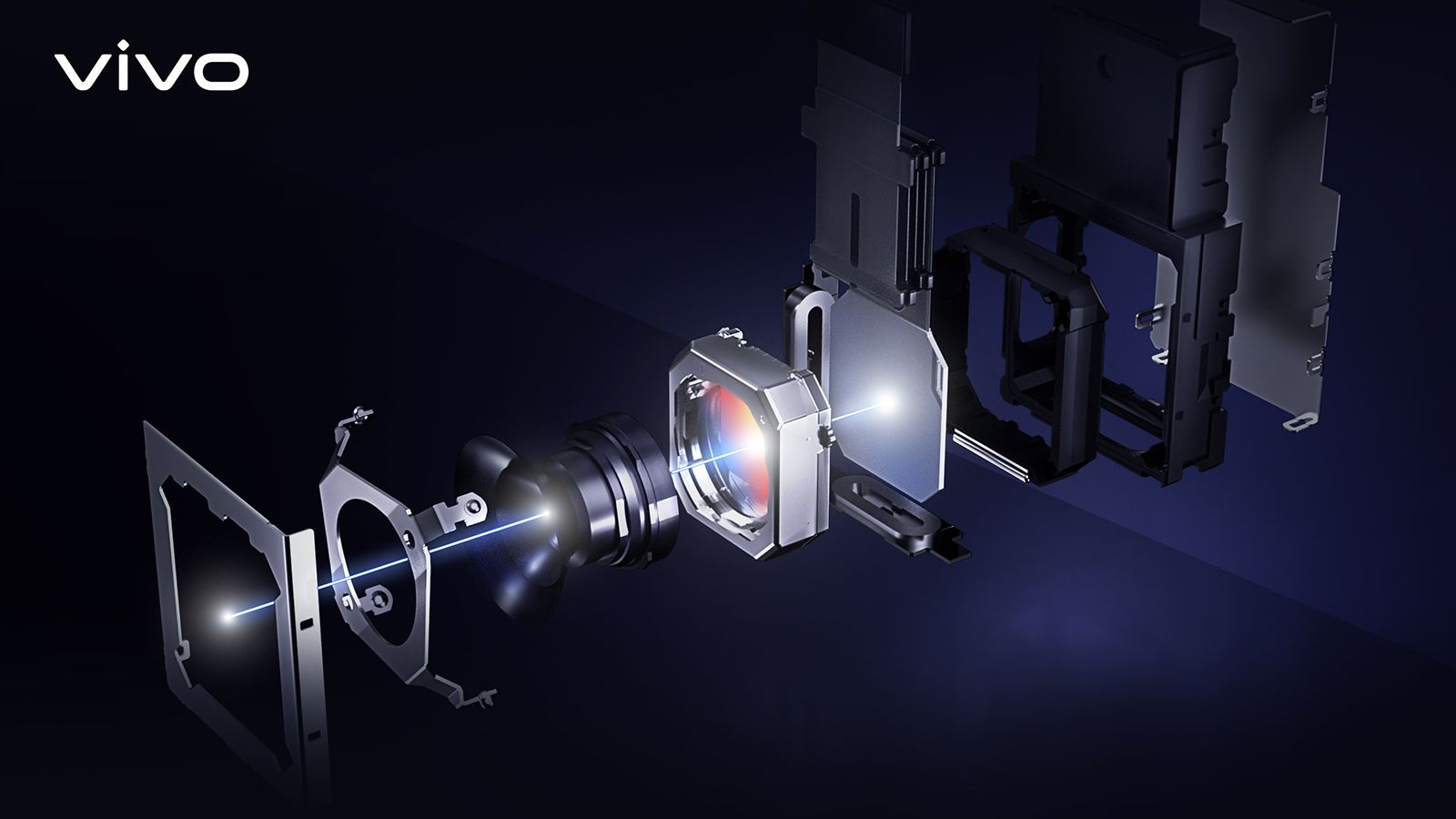Last month, we reported that Chinese smartphone brands Vivo and OPPO are working on their own in-house ISP chips. Now, more details about the upcoming chip have surfaced, along with information about the first smartphone packing it.
As per the latest report, Vivo’s first self-developed ISP chip, which is codenamed “Yueying,” could be made official next month, i.e., September 2021. It is also being reported that the upcoming Vivo X70 series could become the first devices to pack this new chip.

Vivo seems to be quite focused on developing its own chips as the company is planning to have a team of around 500-600 members in this department, claimed Hu Baishan, Executive Vice President at Vivo. In September 2019, while acknowledging the company’s plan of making its own chips, he added that Vivo started thinking about it in 2018.
The company is also looking to hire several new team members of the chip division for Research & Development and is willing to pay them handsomely, at least that’s what the report from ITHome indicates.
So far, we are aware of two chip-related trademarks from the company — Vivo SoC and Vivo Chip. The product categories covered by these two trademarks include central processing units, modems, computer chips, printed circuits, and computer storage.
Vivo has also planned to invest a huge amount in the Research & Development of 5G, Artificial Intelligence, and other emerging technologies. Its sister company OPPO is also developing its own chip which is expected to release with the Find X4 smartphone early next year. OPPO‘s chip development team has about 1,000 members.
Another Chinese brand, Xiaomi has already launched its first self-developed ISP chip named Surge C1 and is packed in the company’s first foldable smartphone — Mi MIX Fold which was launched last year.
The development of making their own chips seems like a precautionary move since Chinese companies are now investing more to become self-reliant after China-based tech giant Huawei was put on the “Entity List” by the United States. It effectively banned the company from doing business or procuring components from US-based companies.
RELATED:







